Alongside birth plans, prams and baby clothes, it’s also time to reconsider your beauty routine as there are some ingredients you may want to avoid, as well as cosseting ways to safely pamper yourself during pregnancy.
Your skin is likely to change through your four trimesters (post baby, too), often becoming more sensitive or blemish-prone due to hormonal changes and your changing shape. That means you are likely to require slightly different pregnancy beauty products to the ones you commonly use.
You shouldn’t spend too much time worrying about your skincare (after all, there are plenty of other things to be focusing on), but a visit to your doctor can help put your mind at ease if necessary.
Firstly, what conditions can skincare help with during pregnancy?
“Pregnancy has complex and significant skin changes for most women,” explains the aesthetic doctor Dr. Maryam Zamani. These changes are classified into three categories:
1. Pigmentary changes
Changes in pigment are very common during pregnancy, due to an elevated level of hormones, says Dr. Zamani. This includes hyperpigmentation, which is an excess of pigment clusters that can lead to brown spots on the skin; and melasma (aka ‘pregnancy mask’), which is seen as irregular sharply demarcated brownish pigmentation on the face.”
“A rise in hormones, such as oestrogen, increases the output of melanin by the melanocytes [pigment cells in your skin that provide the brown colour], causing pigment to be increasingly deposited and become visible in your skin.” This can mean that “freckles, nevi, and scars can become darker in pregnancy,” continues Dr. Zamani. Another common condition is ‘linea nigra’ – “a hyper-pigmented line found on the abdomen, most commonly appearing during the second trimester.” These dark marks can often fade over time, post-pregnancy, but they can be annoying and quite noticeable if they do appear.
2. Pre-existing skin conditions
Existing skin conditions can also be affected by pregnancy. “Some conditions like allergic contact dermatitis may improve, while others such as candida infection or immune-mediated diseases may worsen,” explains Dr. Zamani. This is why it is so important to speak to your doctor about your skin if you have any concerns, as they will be best placed to guide you.
3. Pregnancy-related skin conditions
There are also some specific skin conditions to look out for during pregnancy that can present throughout your trimesters. The most common are explained below:
a) Eczema-like dryness
One of the most common conditions during pregnancy is called ‘atopic eruption’, which exhibits itself as eczema-like dry lesions on the skin. It is associated with poor skin barrier function and dry, sensitive skin, with red patches and itchy bumps common on any part of the body.
Annoyingly, the risk of experiencing it during pregnancy does not seem to be dictated by whether you have an eczema-prone skin type before conceiving. If it does happen to you, help soothe the itchiness and soreness with nourishing moisturisers and serums for the face and body. Look for ingredients such as ceramides and plant or nut oils.
b) The itchy rash
‘Polymorphic eruption’ is an itchy rash that appears on the skin as a series of inflamed bumps, hives or darkened inflamed areas. It is most commonly seen on the abdomen and within stretch marks; usually appearing during your first pregnancy at the end of the third trimester.
It’s more common if you are having twins or triplets (if you didn’t already have your hands full!) and is thought to be caused by both hormonal changes and stretching of the skin. Normally the condition is self-resolving, but by caring for your bump with nourishing stretch mark creams you may be able to lessen the symptoms.
c) Itchy hands and feet
Itching on the hands and feet may often not be cause for concern, but it may indicate a liver condition called intrahepatic cholestasis. This condition is not accompanied by a rash and is more common in late pregnancy as well as being most uncomfortable at night. Importantly, it could have potential complications for your baby, so speak to your healthcare provider if you struggle with unexplained itchiness (plus other symptoms such as jaundice), rather than only relying on soothing creams.
Skincare ingredients to phase out
It’s generally agreed that some ingredients should be avoided during pregnancy as well as during the time you breastfeed due to their potential (although arguably low) risks. Specifically, retinoids (vitamin A derivatives), which are increasingly found in products that smooth wrinkles and fight breakouts are a key example.
Equally, it’s probably a good idea to decrease your use of products with high percentages of certain actives. For example, salicylic acid that is often in blemish products and cleansers. This is because they can sensitise your already more sensitive skin during pregnancy. Focus on soothing, nourishing creams for head-to-toe instead.
The best pregnancy-safe skincare
Here’s our curated list of pregnancy-appropriate beauty products, as recommended by our CF mums. The aim: to soothe and improve your complexion, while also making you feel a little extra special during maternity.
For your bump
For pigmentation





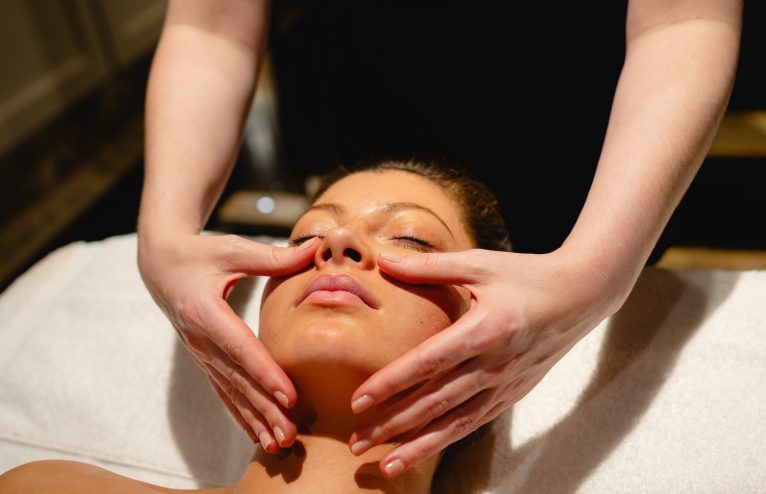




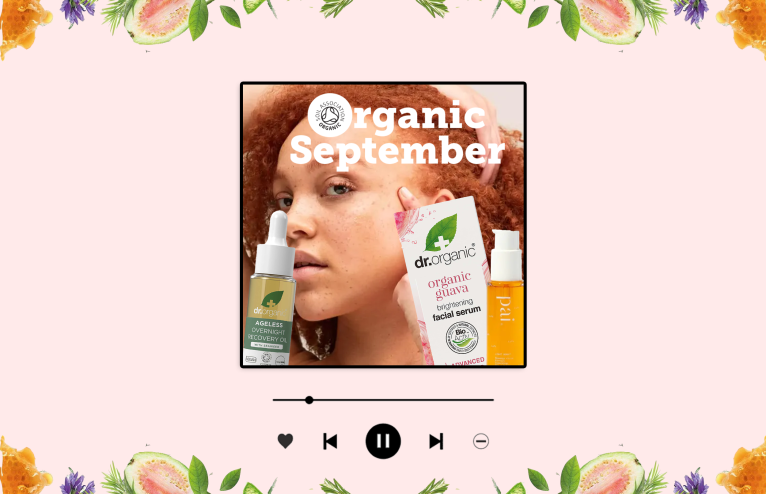




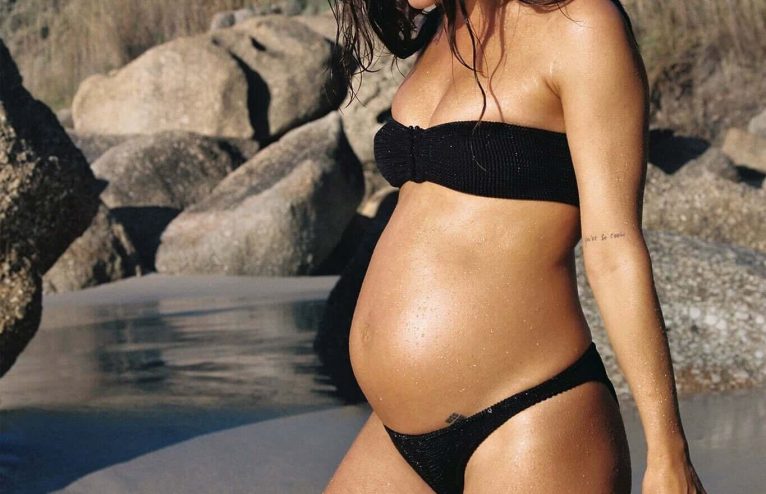


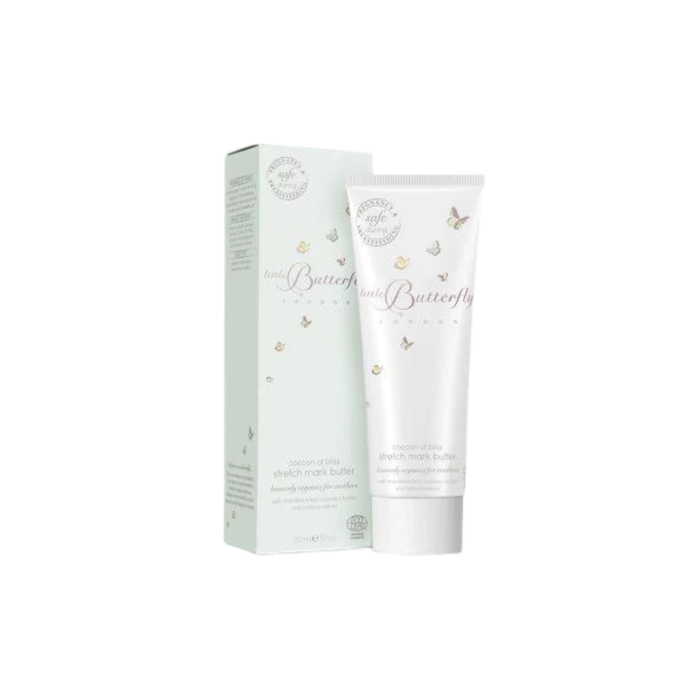
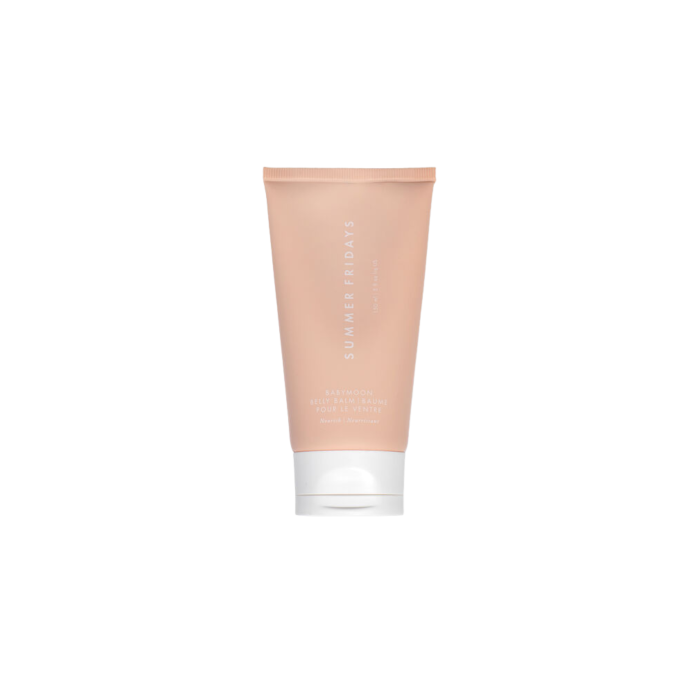
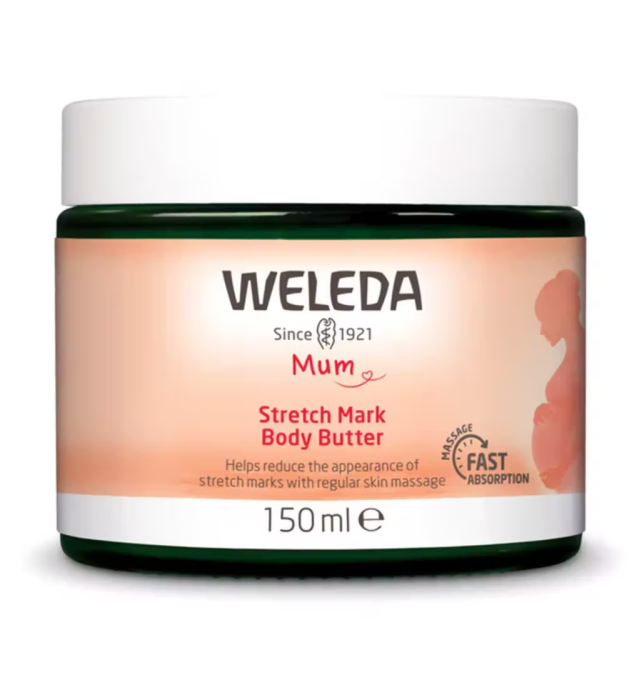
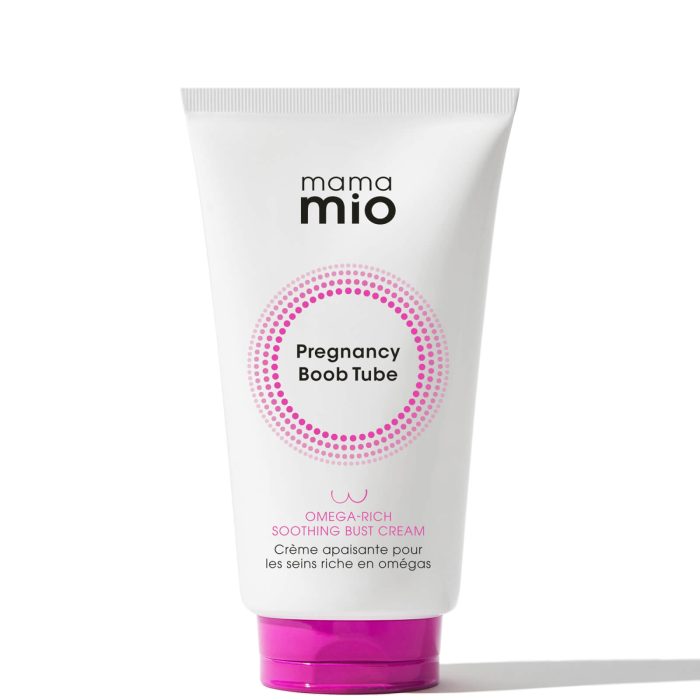
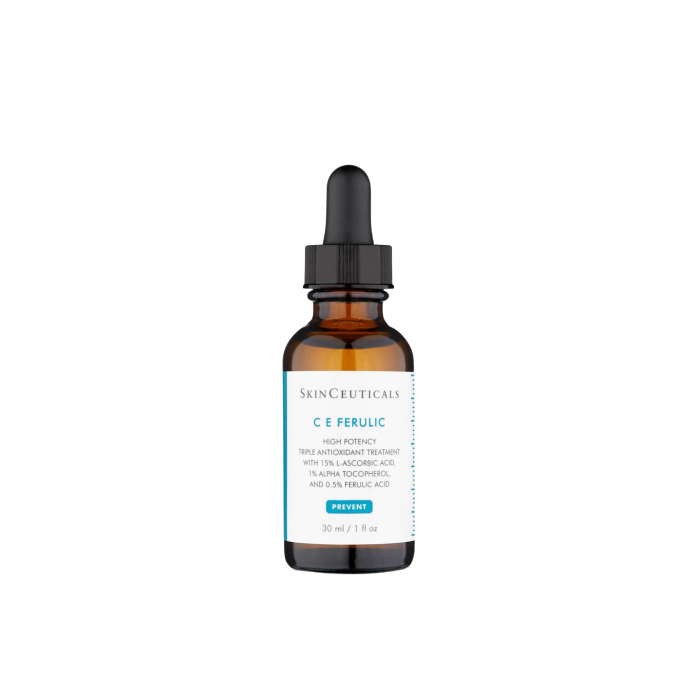
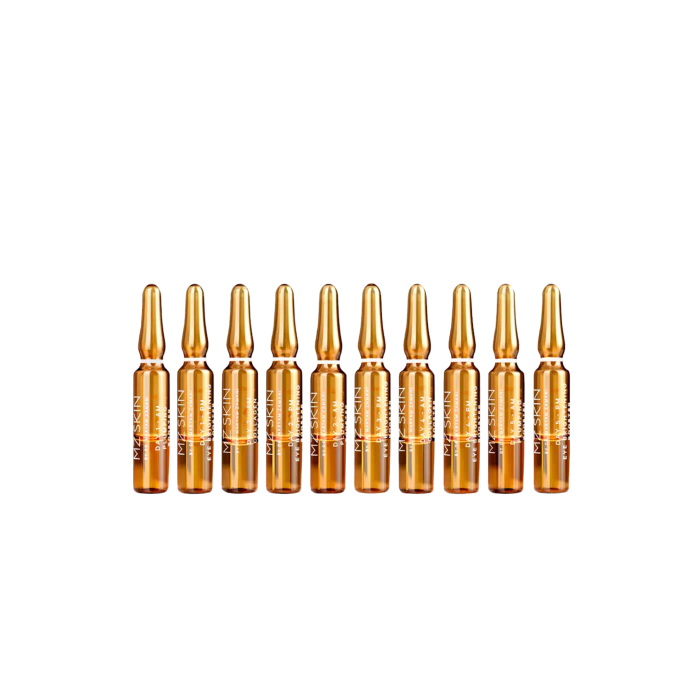
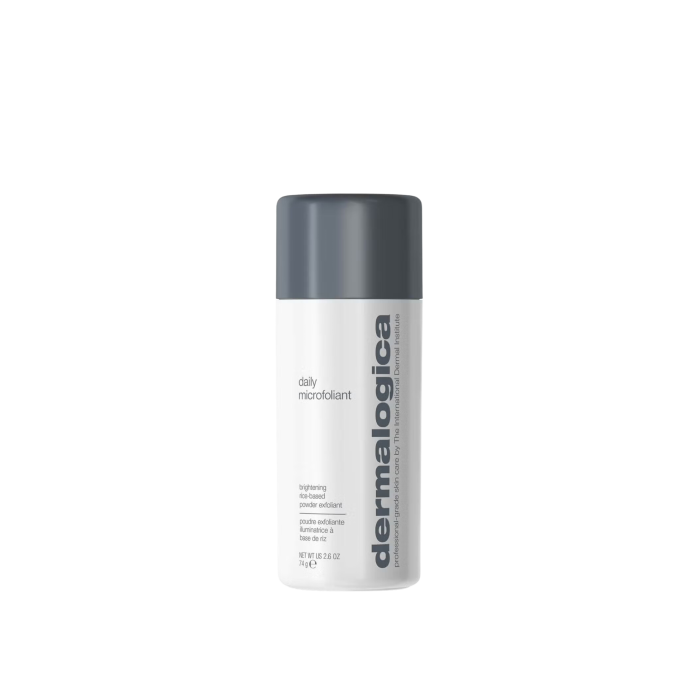
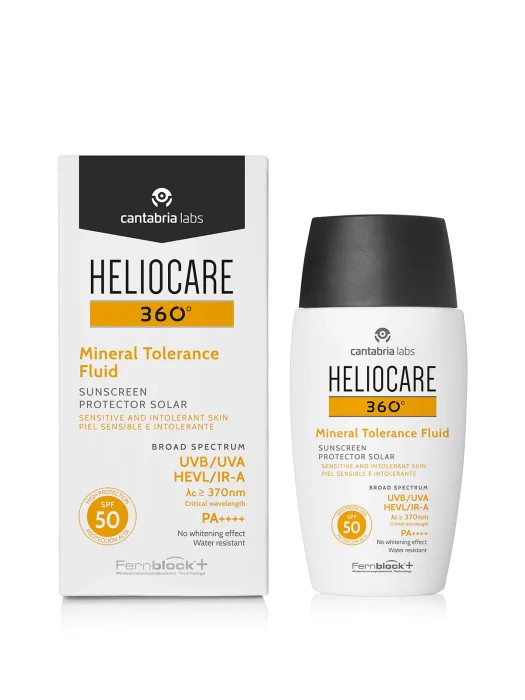
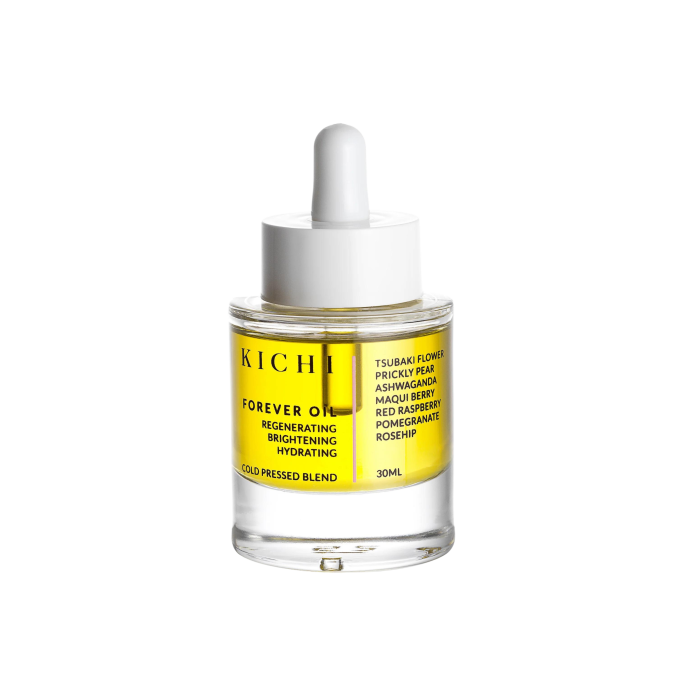
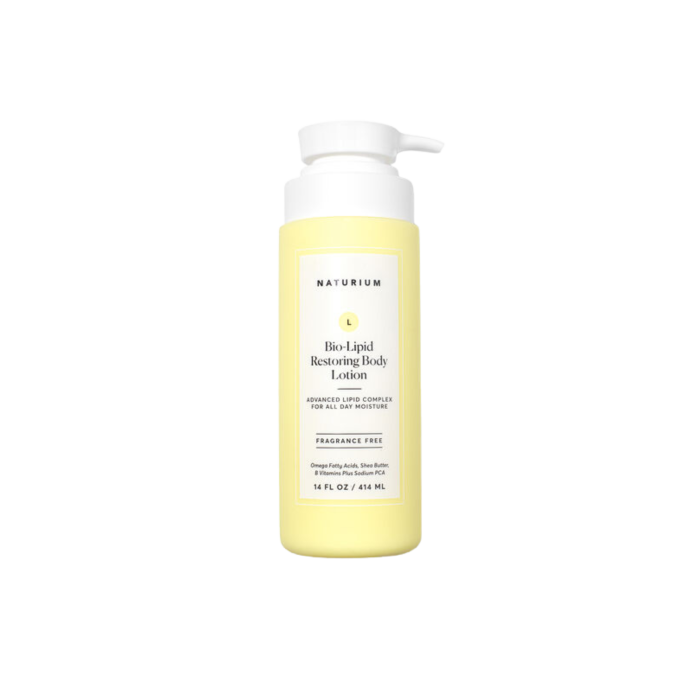
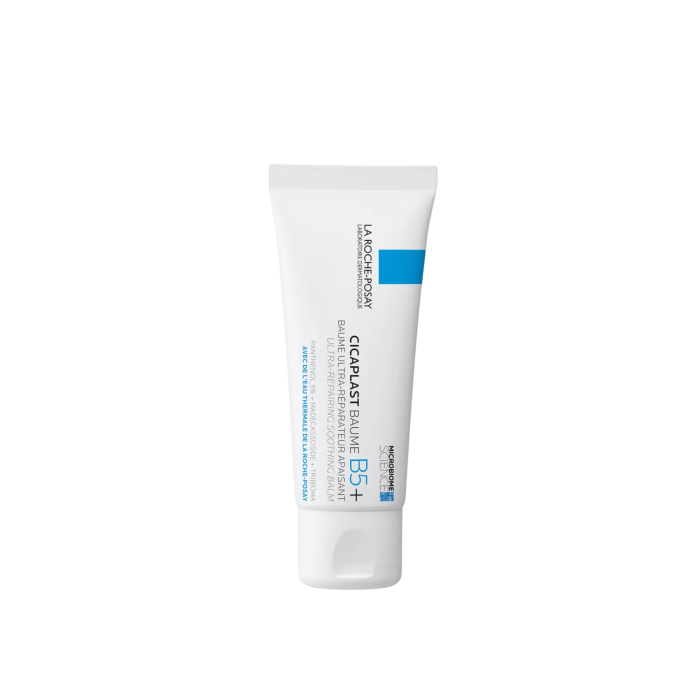
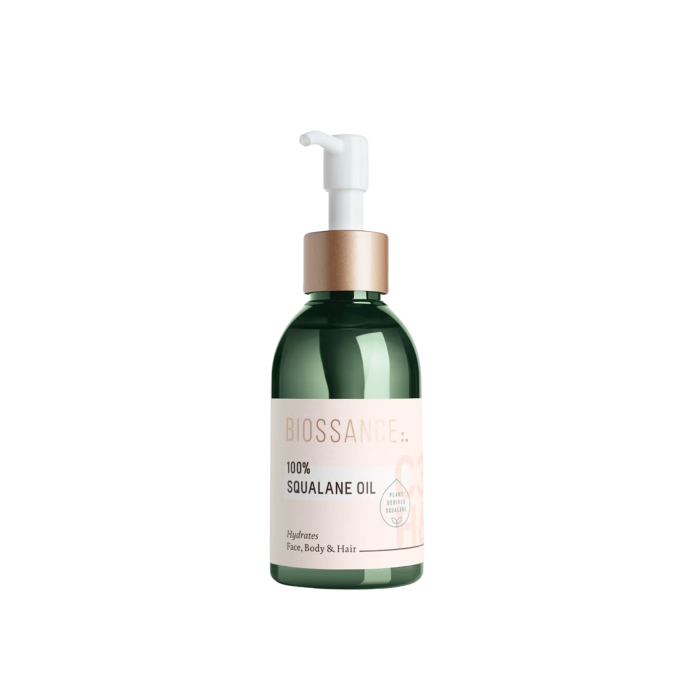
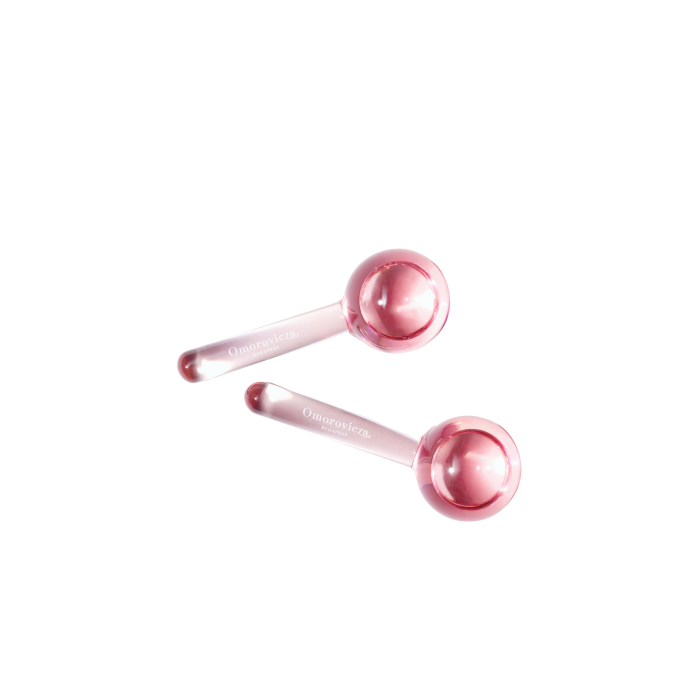
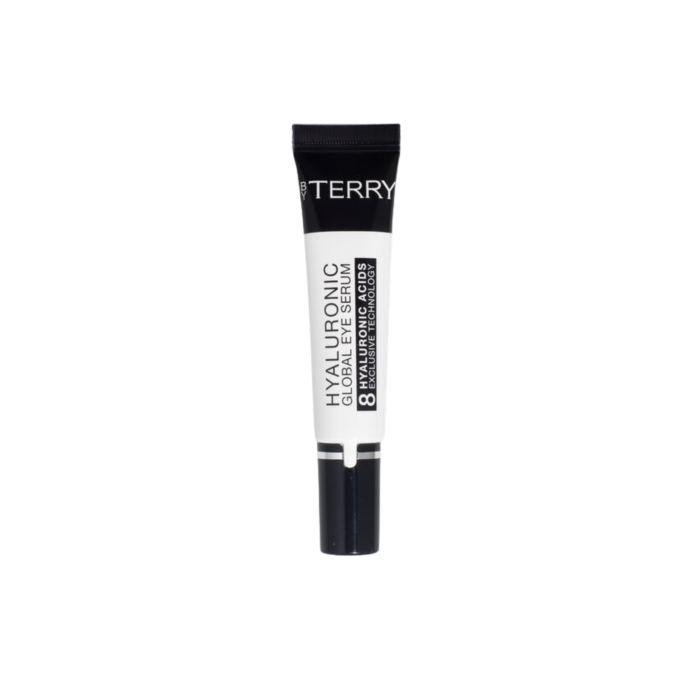
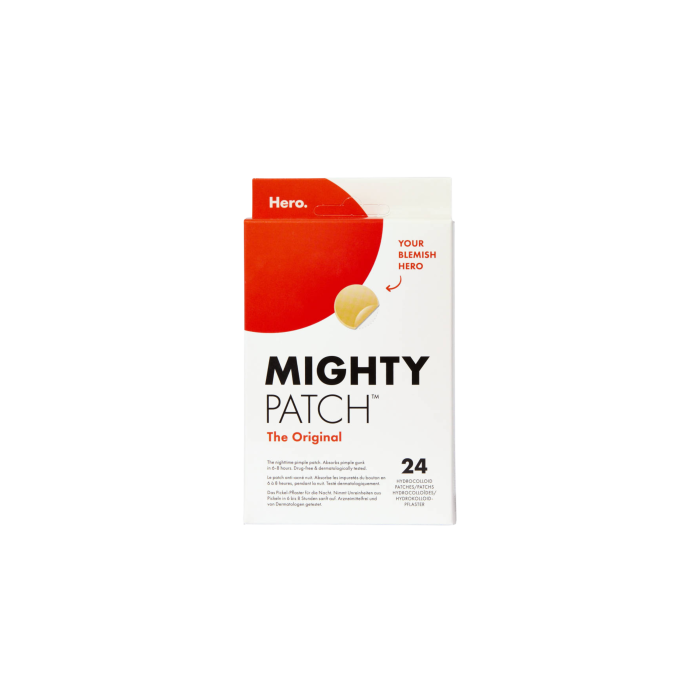
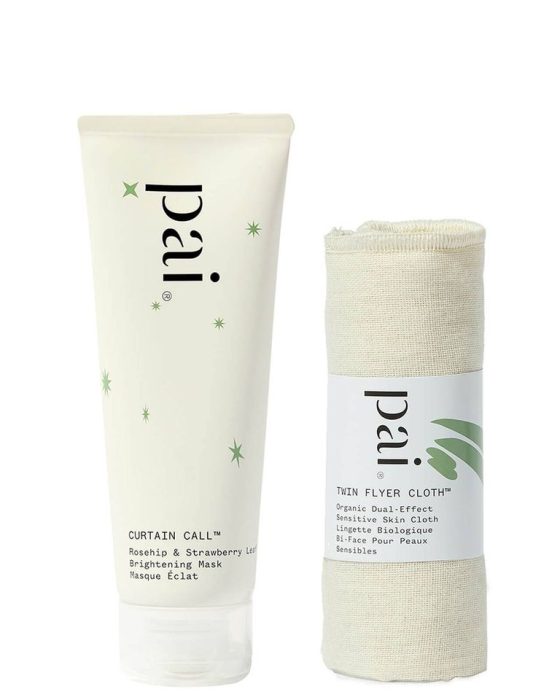




Any Questions or Tips to add?